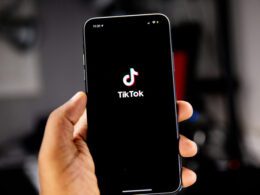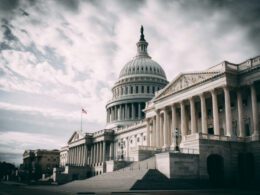Apple to disable access to alternative app stores outside EU
With the introduction of iOS 17.4, Apple Inc. has adhered to the requirements of the European Union’s Digital Market Act (DMA), enabling EU users to access alternative app stores on their iPhones. The company, however, warned that this feature will be disabled outside the boundaries of the EU.
Conditions for alternative app stores support
Apple explained that there are several conditions that must be met in order to support alternative app stores on the iPhone. Firstly, the user’s Apple ID account needs to be linked to one of the following countries: Austria, Belgium, Bulgaria, Croatia, Cyprus, Czech Republic, Denmark, Estonia, Finland, France, Germany, Greece, Hungary, Ireland, Italy, Latvia, Lithuania, Luxembourg, Malta, Netherlands, Poland, Portugal, Romania, Slovakia, Slovenia, Spain, and Sweden.
Physical presence in EU is mandatory
Secondly, the iPhone owner must physically be in the EU. Location verification is carried out on the device, and Apple ensures that the exact location is not transpired to its servers. As long as the Apple ID remains linked to an EU country and the user resides there, alternative app stores can be utilized. However, should the user’s location change and be noted by the system, the feature may be withdrawn. A grace period is provided for short travels but long-term stays outside the EU could result in access to alternative app stores being disabled. Apple has not specified the exact duration of this grace period.
Implications of location-based access restriction
In the case of feature recall, users lose the capability to install new app stores, and apps installed previously from alternative platforms cease to update. To maintain access to such apps’ updates, users will either need to return to the EU or uninstall and reinstall the app from the App Store. It is also important to note that this update impacts only iPhones. The updated iPadOS 17.4 does not support alternative app stores given that only Apple’s iOS App Store holds the gatekeeper status in the eyes of the EU.





